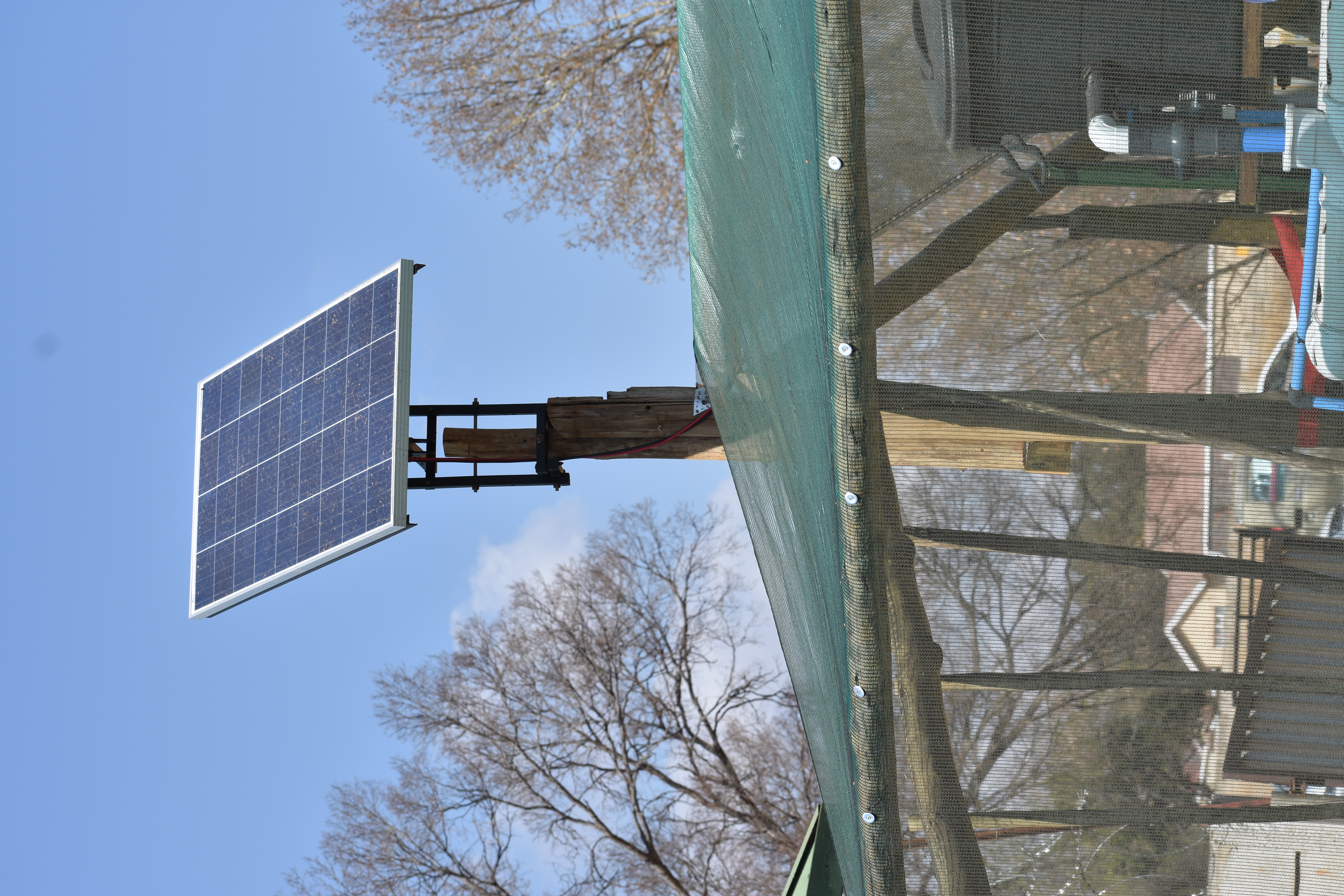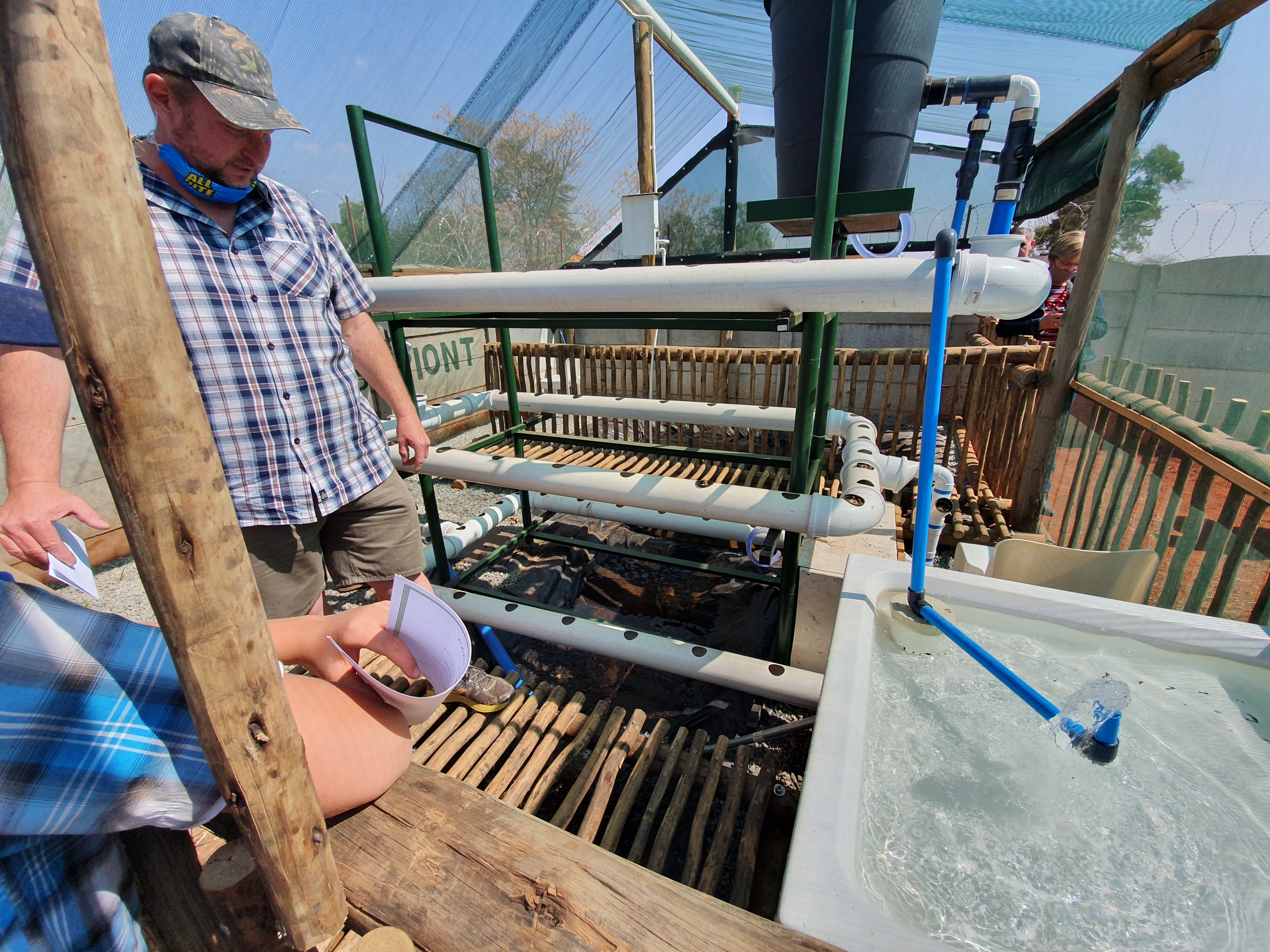Patch Adams, an American physician and social activist, once said: “We can never get a recreation of community and heal our society without giving our citizens a sense of belonging.” Now, perhaps more than ever, South Africa is in dire need of this.
During 2013 Dr Johan Jordaan, a senior lecturer at the North-West University (NWU) Business School, accidentally stumbled onto service learning as a teaching methodology. Since then, his group assignments for the MBA Operations Management class have entailed that students have to identify a community organisation and apply what they learn in class to help that particular organisation. This has brought him to adopt a mixture of constructivism and connectivism as epistemology, as demonstrated in the situational learning theory.
“I strongly believe that the soft skills that an MBA graduate needs to succeed are not only taught in class, but are also acquired in group work, where students actively engage with the subject content. Lately, discussions on strategic relevance and next-level community engagement have made me doubt whether this kind of project really has any academic merit,” Dr Jordaan says. However, he believes that projects such as these do support his trust and are applicable in similar processes.
The Brain Power Troopers first-year MBA study group chose a welfare organisation, the SAVF Carletonville, as their group project and decided to build a small hydroponics plant to help the organisation on its way to becoming self-sufficient with respect to their food needs. The SAVF runs various welfare projects, including a soup kitchen, a transit centre for children, and poverty relief schemes.
The students did not let the Covid-19 lockdown stop them, and started working as soon as they could get authorisation to do so. They completed the project two months after the end of the semester, which shows that this was not just for marks, but for a greater purpose.
The handover function was recently held, where students showcased how they had used every single topic that had been taught in the module during the project. The gratitude of the organisation was moving, and Dr Jordaan became painfully aware that their needs could easily be addressed if other MBA modules also engage in this kind of project (possibly as an alternative group assignment).
“The benefits to our MBA students were not only that they could experience operations management in action, but mostly the ways in which the project touched the study group members – not just their attitude towards community involvement, but also how their soft skills (problem-solving, decision-making, communication, leadership, teamwork skills and cultural awareness) developed during the project.”
Another one of Dr Jordaan’s observations was that various people say that the MBA qualification is becoming irrelevant and that Covid-19 is accelerating the obsolescence of an MBA. “The knowledge we teach will be outdated in three years. Traditional lecturing will not be good enough any longer because a good YouTube video can easily replace a bad lecturer, it has been said.
“To me, these kinds of projects are the ideal combination of teaching and learning, research and community engagement, and developing graduate attributes to keep our MBA relevant in the African context,” Dr Jordaan concludes.


The community group projects
